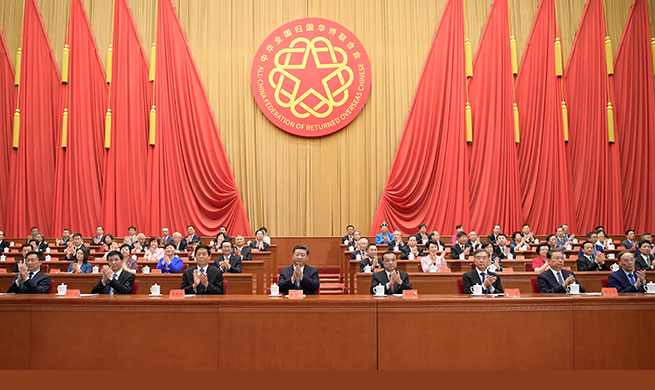RIO DE JANEIRO, Aug. 29 (Xinhua) -- Brazil said on Wednesday that it has reduced passive smoking, thanks to anti-smoking laws and other measures.
The population exposed to passive smoking in the workplace fell from 12.1 percent in 2009 to 6.7 percent in 2017, a 44.6-percent reduction, the Health Ministry said.
The number of household passive smokers also decreased significantly, going from 12.7 percent in 2009 to 7.9 percent in 2017.
Health Ministry representative Maria de Fatima Marinho said there has been significant reduction in people's exposure to secondhand smoking, especially after the implementation of the law banning smoking in closed areas meant for collective use.
However, the authorities need to continue workplace inspections and the policy to increase the price of cigarettes, which has a direct impact on the number of smokers, Marinho said.
Brazil was one of the first countries to completely forbid tobacco products ads on radio, TV and in the print media. Over the past decades, it has implemented a series of restrictions on smoking in public places as well as run extensive campaigns to warn against the dangers of smoking.
Still, Brazil's National Cancer Institute estimates that 12.6 percent of all deaths in Brazil can be attributed to the effects of smoking. It said 73,500 new cancer cases every year are attributed to smoking, as well as 477,000 heart attacks and hospitalizations for heart diseases.

















